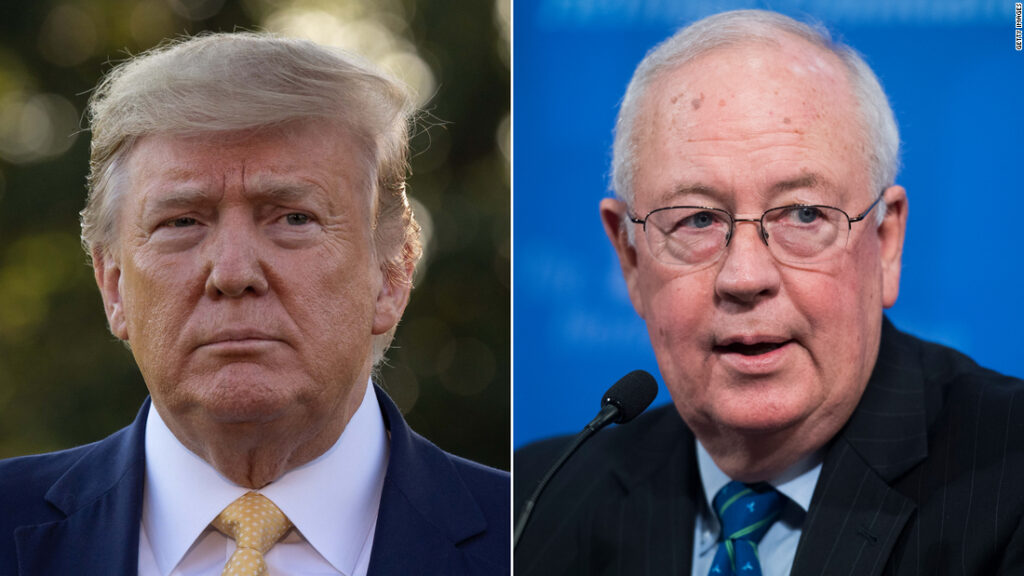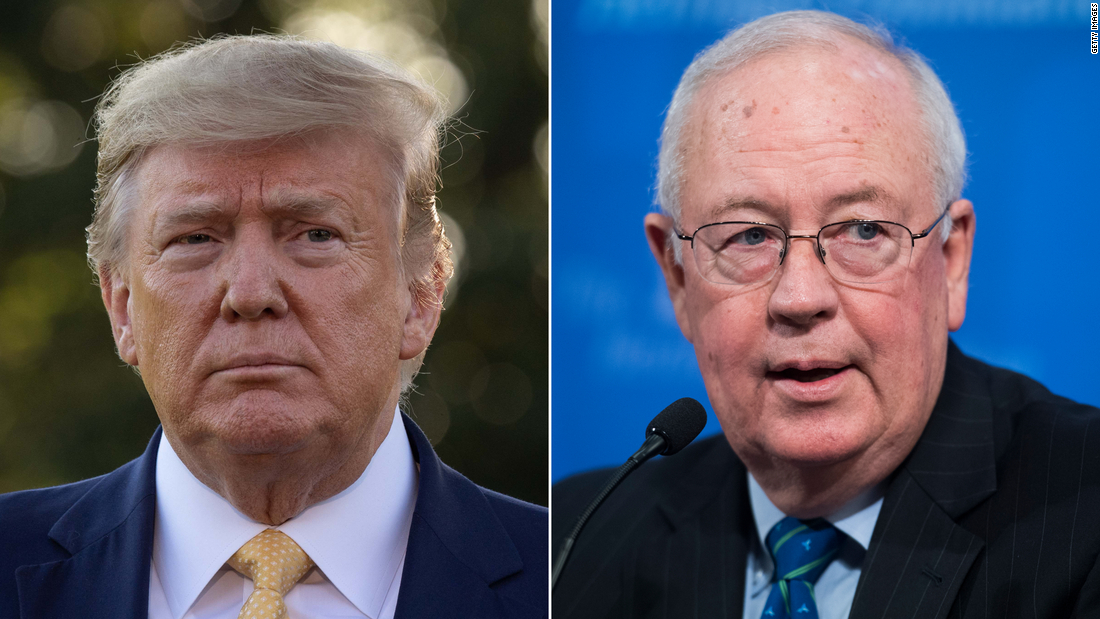
Both willfully compromised the US Secret Service.
Among the egregious behaviors former President Donald Trump inflicted on democracy was utilizing, to his own ends, a federal agency whose mandate was the nonpartisan protective mission of the Secret Service.
During his time in office, it was axiomatic that anyone in Trump’s orbit faced a Hobson’s choice: loyalty to Trump or the Constitution and federal institutions. Such was the case with the Service.
Anthony Ornato—who began as Trump’s agent in charge of the President’s protective detail—had become so closely aligned with the President that he took a leave of absence from the Secret Service and was installed by Trump as deputy chief of staff.
From Cassidy Hutchenson, aide to chief of staff Mark Meadows, we learned that Ornato had described an incident to her in which the former President lunged at the wheel when he recognized that Secret Service agents in his SUV would not drive him to the Capitol building during the assault by Trump’s supporters for security reasons. Despite Ornato’s denials to the January 6 Committee, Cassidy stuck to her story.
What other conversations or actions did Ornato witness or was privy to during his tenure as deputy chief of staff that could be suspect?
We learned that emails and text messages from January 5 and 6 from at least twenty Secret Service agents were not preserved, documents that could shed light on Trump’s words and actions before and during the assault on the Capitol.
Independent counsel Kenneth W. Starr’s actions proved equally damaging.
This year marks the 25th anniversary of Starr’s report to Congress. For twelve years, I studied the Secret Service aspect of the independent counsel’s investigation, looking into the relationship between the Secret Service, Clinton, and White House intern Monica Lewinsky.
In 1998, Starr issued a motion to compel Secret Service director Lewis Merletti and agents protecting the President to testify as to what they may have seen or heard regarding Clinton’s intimate liaisons with Lewinsky.
Opposing the motion, Merletti fought for a “protective function” privilege similar to doctor/patient and attorney/client confidentiality. If agents were permitted to testify about anything other than criminal acts, the President would push away his protectors. “Proximity to our protectees,” Merletti emphasized in an interview, “is the heart and soul of our protective mission. Having trust and confidence allows for that proximity.”
Merletti and the Department of Justice believed that Starr’s insistence on agent testimony would undercut that protection, open the door to the likelihood of another presidential assassination, and thus jeopardize the safety of the President and the country.
In a powerful, hours-long presentation to Starr and his top deputy, Robert J. Bittman, Merletti used the assassination of President John F. Kennedy as an example. Four days before Dallas, Texas, the President had ordered agents off the back of his limousine. Kennedy said the agents created a barrier between the people and the President. As a result, agents rode in a follow-up car in Dallas.
Clint Hill, the agent seen jumping on the back of Kennedy’s car that day, told Merletti, “Had me and the other agent been standing [on the bumper], one of several things would have happened. Either Oswald would have had no shot, or he’d have shot one of us, or maybe he’d have shot, but we’d have stood a chance.”
As a result, Secret Service protocols related to protection cannot be overruled by a protectee.
With the support of all living former directors, the upper echelon of the Department of Justice, the US solicitor general, and former president George H. W. Bush, Merletti battled the independent counsel’s office for six months, taking his case all the way to the Supreme Court.
That’s what the public knew.
What the public did not know was that Ken Starr relied on an anonymous source inside the Service that alleged that Merletti had secretly facilitated the Clinton/Lewinsky relationship by going to the White House at night, removing the President, placing him in the backseat of a car, covering him with a blanket and taking him to a hotel to meet with Lewinsky. The source claimed that Clinton had a deal with then special agent in charge Merletti: remain silent about Lewinsky, and I’ll make you director.
As ludicrous as the accusation was at the time, Starr and his office believed it. In a meeting with his prosecutors, associate independent counsel Mark Barrett signaled the importance of the tip as revealed in Starr’s handwritten notes. “This would be a live grenade. Do it right. Monica Lewinsky + Secret Service.”
Ken Starr agreed: “We need Monica or Secret Service.”
“Starr spent hundreds and hundreds of man-hours trying to prove this,” Merletti said.
One such incident involved FBI agents assigned to Starr’s office who attempted to intimidate a former Secret Service director to get him to admit to the deal.
All of it proved false.
At the end of his investigation, Starr told Merletti, “The Secret Service was a dry hole. You knew nothing.”
While Merletti’s confidentially stance was principle-based, the relationship between Donald Trump and his agents presents a different dilemma.
Trump may not be fool enough to push away protection; however, no one knows how many loyalists on his detail turned a blind eye to his words and actions while in office.
This is likely what special prosecutor Jack Smith wants to know by bringing agents on the former President’s detail before a grand jury. At this point, both the questions and answers remain unknown.
If Donald Trump is re-elected, he has already telegraphed plans to replace career civil servants with loyalists willing to do his bidding. Given his history, the Secret Service would likely be on the list.
Comments











